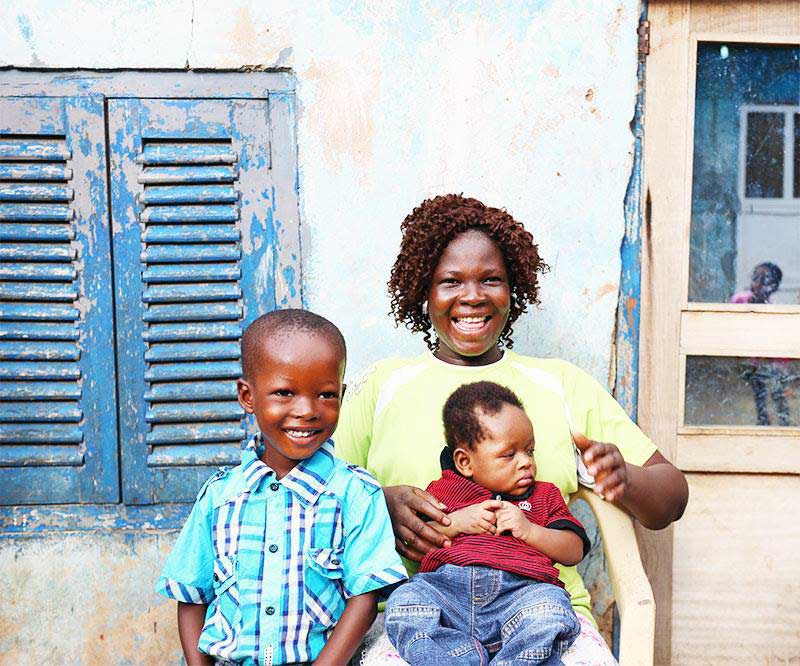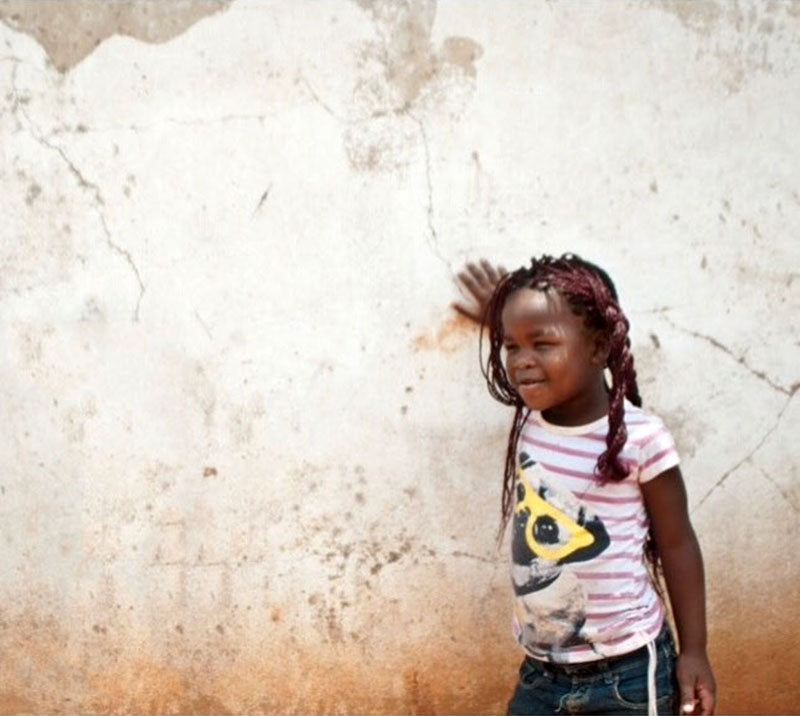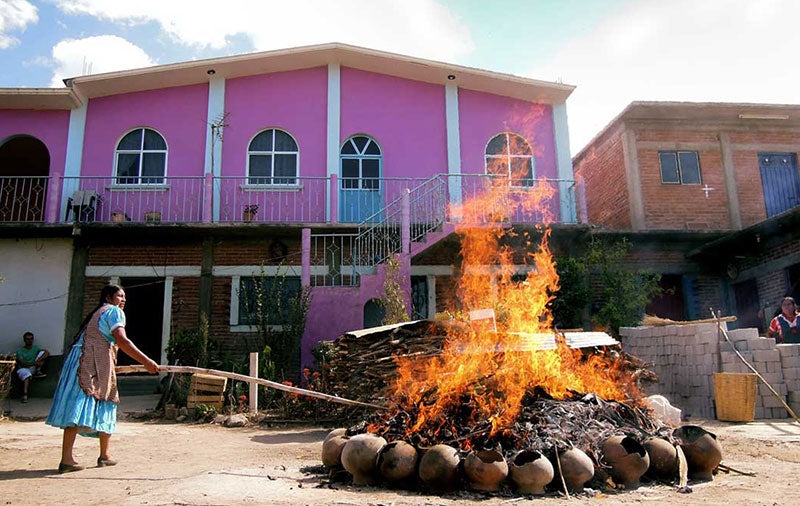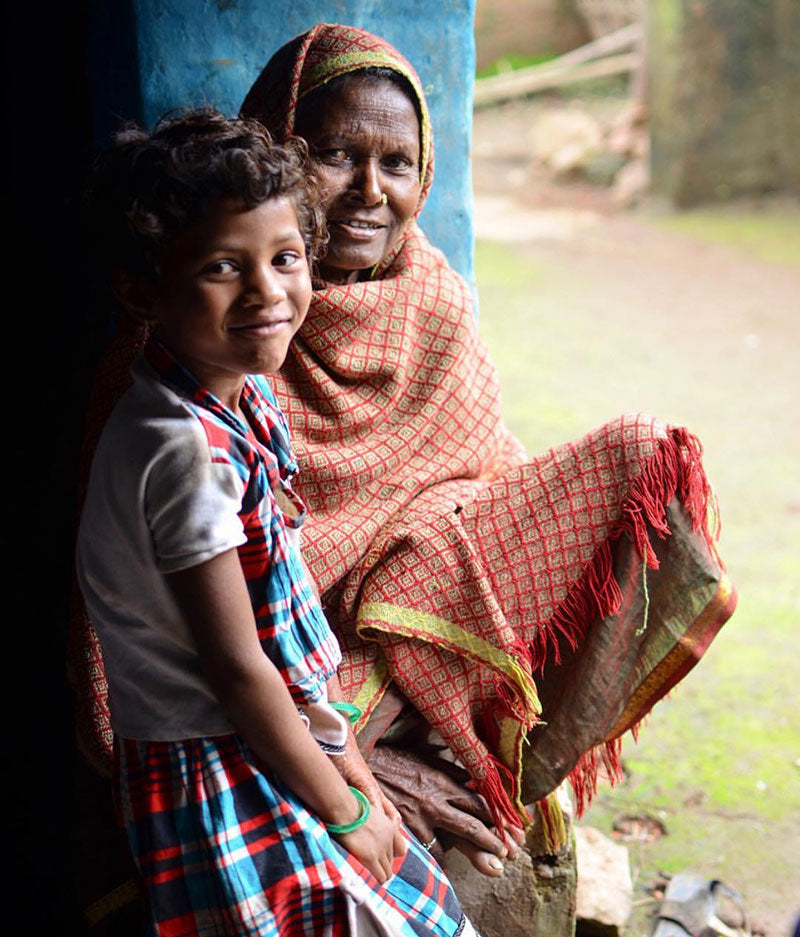Among the thousands of artisans we work with - both directly and indirectly - around the world, over 70% are women. And the majority of these artisan women are mothers. By making and selling their handicrafts, they have become proud providers for their families, creating a stable stream of income and much needed opportunities for their children to receive education and healthcare.

Indego Africa
At Indego Africa, each artisan woman supports an average of 4.5 dependents. According to the organizations's 2017 social impact report, 100% of their artisan partners in Ghana and 90% of their artisan partners in Rwanda can afford to send all or most of their children to school, up from a mere 50% in the year of 2009. "My dream is to educate my children until they graduate from university," says Rosalie Bigiramfura, an artisan at the Ibanga Cooperative in Rwana. "I want to uplift my entire family."

In Swaziland, Quazi Design offers full time employment with permanent contracts to its artisan partners, most of whom are single mothers, each having an average of 6 dependents. By working at Quazi Design, artisan Zandi is able to send her daughter to school. And her little daughter, pictured above, seems very happy about it.

Across the pottery villages in Oaxaca, Mexico, traditional techniques of pot making have been passed down generation after generation from mothers to daughters. Since pottery is considered a home-based activity there, women are the masters of fire and clay. It is common to see women from an entire household working together in pottery production, making pots and jugs to sell at their weekly market. Young girls play around in the workshop, learning the heritage craft through watching and experimenting. In this way, the clay tradition of indigenous Oaxacan culture has persisted for thousands of years till today.

When Rebecca Hui, the founder of Roots Studio, was leading an education program in rural India, she realized the lack of family income was one crucial obstacle to children's education, even when books and lectures were provided for free. The reason? Parents needed their children to work, in order to earn enough income for the family to survive. Rebecca started Roots Studio soon after that. Her team digitized art works created by rural villagers in their spare time, and sold them on the international market in the forms of limited edition prints and licensing. The project started to show an evident impact within two years - the rural artists were receiving 500 percent more sales of their work. Thousands of rural artists in India, Indonesia, Panama, Syria, and China are now putting their works on the global art market through Roots Studio. Their hobby has now turned into a valuable tool to raise their families out of poverty.

